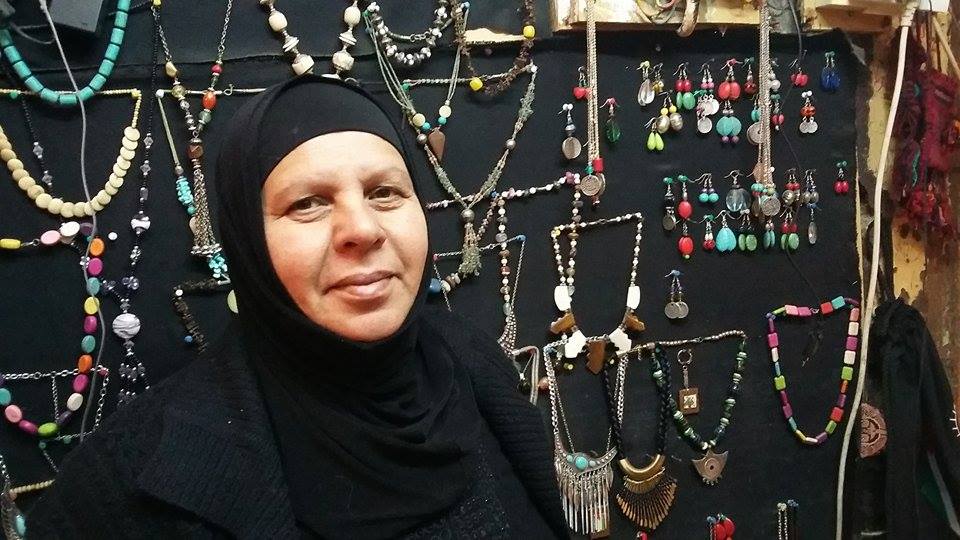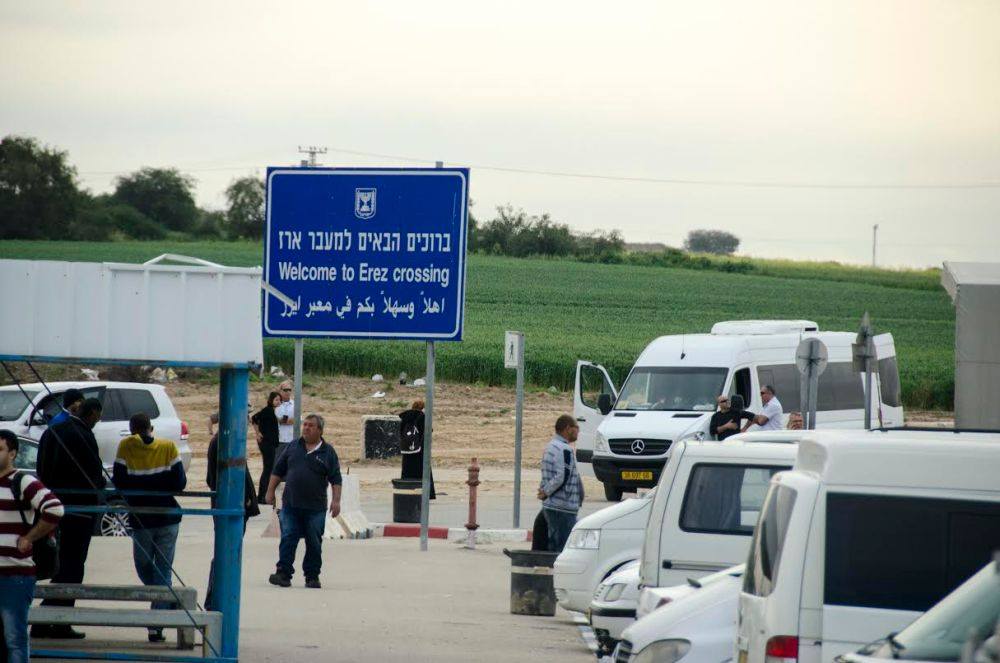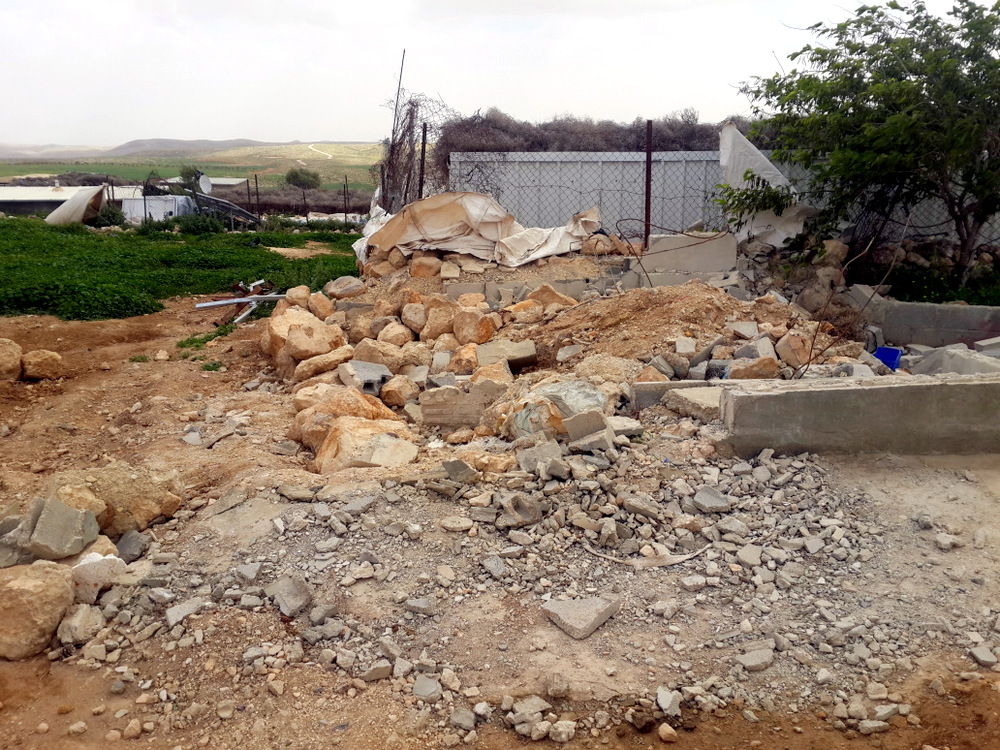-
Laila: an unexpected entrepreneur and feminist
23rd March 2016 | International Solidarity Movement, al-Khalil team | Hebron, occupied West Bank I’ve wanted to find out more about Laila since I met her on my first day here. She is the only woman storekeeper in the souk and she has a bed and breakfast here. One evening I saw her standing up […]
-
Apartheid restrictions against Palestinians
23rd March 2016 | International Solidarity Movement, al-Khalil team | Hebron, occupied West Bank The Israeli government has announced that as of Wednesday the 23rd of March, until Sunday the 27th of March, all roads leading into or out of the occupied Palestinian territories, be it either the West Bank or Gaza will be completely […]
-
Demolitions in Khirbet Jenba, South Hebron Hills
23rd March 2016 | B’Tselem | South Hebron Hills, occupied Palestine This morning, the Israeli Civil Administration demolished a home, shed and an animal enclosure in Khirbet Jenbah, in the Masafer Yatta area of the southern Hebron Hills. The authorities also confiscated solar panels donated by an international aid agency. Photos from Today’s demolition. Credit: […]
Action Alert An Nabi Saleh Apartheid Wall Arrests BDS Bethlehem Bil'in Cast Lead Demonstration Denial of Entry Ethnic Cleansing Farmers Gaza Global Actions Hebron House Demolition International law Israeli Army Jerusalem Live Ammunition Nablus Ni'lin Prisoner Ramallah Rubber-coated steel bullets Settlement Settlers Settler violence Tear-Gas Canister Video



